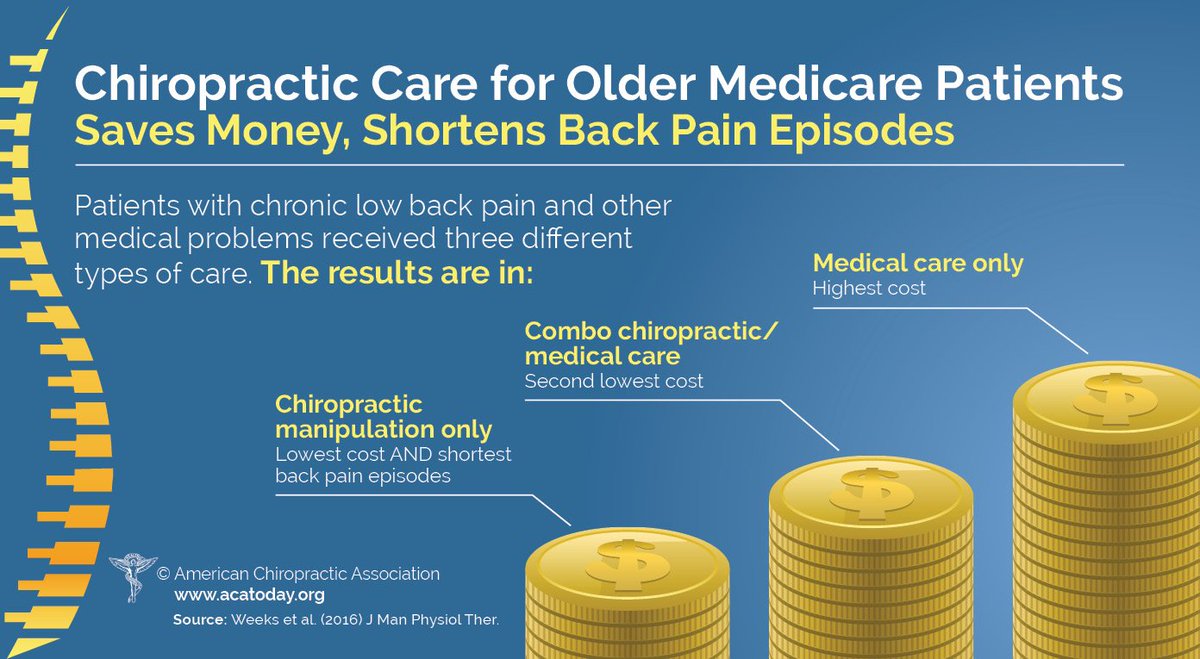Assistance Your Back Health And Wellness By Comprehending How Your Dietary Options Can Influence Your Pain Levels-- Learn Which Foods To Select For Alleviation And Which To Prevent
Assistance Your Back Health And Wellness By Comprehending How Your Dietary Options Can Influence Your Pain Levels-- Learn Which Foods To Select For Alleviation And Which To Prevent
Blog Article
Content Writer-Livingston Lykke
When it comes to handling your pain in the back, the food selections you make can dramatically influence how you really feel daily. Visualize having the ability to reduce your pain just by changing what you consume. By recognizing the function of nourishment in back pain administration and understanding which foods to include or steer clear of, you can take proactive actions in the direction of a healthier and much more comfy way of life. The link in between nutrition and back wellness is much more profound than you might recognize-- let's explore exactly how specific foods can either relieve or intensify your pain in the back.
Relevance of Nutrition in Back Pain
Nutrition plays a vital duty in handling pain in the back. Your diet regimen can substantially impact inflammation levels and total discomfort levels in your back. Taking in a well balanced diet regimen abundant in nutrients like vitamins D and K, calcium, magnesium, and omega-3 fatty acids can help reduce inflammation and enhance bones, which are necessary for back wellness.
In addition, maintaining a healthy weight via correct nutrition can alleviate tension on your spinal column, reducing the risk of back pain.
Additionally, specific nutrients like anti-oxidants located in fruits and vegetables can assist deal with oxidative stress and anxiety and promote recovery in the body, consisting of the back muscles and spinal column.
On the other hand, eating excessive amounts of refined foods, sugary drinks, and unhealthy fats can contribute to swelling and weight gain, aggravating pain in the back.
Foods to Consume for Back Wellness
To support a healthy and balanced back, integrating nutrient-rich foods into your day-to-day dishes is vital. Including foods high in anti-oxidants like berries, spinach, and kale can help in reducing inflammation in your back, relieving discomfort and pain. Omega-3 fatty acids located in fatty fish such as salmon and mackerel have anti-inflammatory residential or commercial properties that can benefit your back health.
In addition, consuming nuts and seeds like almonds, walnuts, and chia seeds gives crucial nutrients like magnesium and vitamin E, which sustain muscle function and lower oxidative tension. Including Discover More Here as poultry, turkey, and tofu can aid in muscle mass repair and upkeep, promoting a strong back.
Don't fail to remember to consist of dairy or fortified plant-based options for calcium to support bone health and wellness. Last but not least, moisten with plenty of water to maintain your spinal discs hydrated and working ideally. By consisting of source website -dense foods in your diet plan, you can nourish your back and support total spinal health and wellness.
Foods to Avoid for Back Pain
Go with staying clear of refined foods high in added sugars and trans fats when seeking remedy for back pain. These types of foods can add to swelling in the body, which may aggravate pain in the back. Say no to sugary snacks sweet, pastries, and sugary beverages, as well as junk food products like hamburgers, french fries, and fried poultry that are commonly packed with trans fats.
In addition, steer clear of foods including high levels of polished carbs, such as white bread, pasta, and breads, as they can increase blood sugar level levels and potentially worsen swelling in the body.
It's additionally smart to restrict your intake of foods high in saturated fats, like red meat and full-fat milk products, as they can add to inflammation. Processed foods like deli meats, chips, and packaged snacks are usually high in saturated fats and must be consumed in moderation.
Verdict
To conclude, paying attention to your diet regimen and making wise food choices can have a considerable effect on managing pain in the back. By including nutrient-rich foods like berries, fatty fish, nuts, and lean proteins, and avoiding processed and sweet products, you can help reduce swelling and support on the whole back health and wellness. Remember, what you consume plays a crucial role in just how you feel, so make sure to prioritize your nourishment for a much healthier back.
